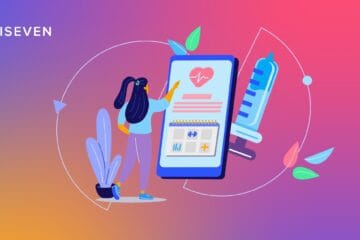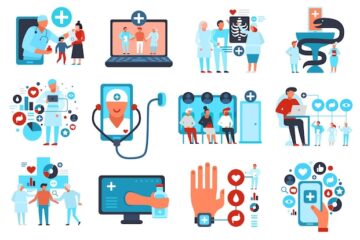The benefits of using digital tools and apps in patient care are far from certain, according to a report by the Nuffield Trust.
The report by the think tank, entitled The Digital Patient: transforming primary care?, found that while technology could have a positive effect on patient care, there are many pitfalls that come with introducing digital tools. “In the future, digital tools could transform our experience of care and facilitate improved self-management. It is hoped this enhanced capacity for self-care will reduce demand on stretched services. But the impact of this new digital capability is far from certain as we are lacking evidence in a wide range of areas,” the report said.
It warned there is also potential for “patient harm and significant disruption”. There are more than 165,000 health apps on the market, however the effectiveness of most of these apps are unknown and could put extra pressure on the health service.
“Apps or web-based sources of information that give patients inaccurate or harmful advice could drive unnecessary demand to the health care system. More fundamentally, a greater presence of private providers in the health care space could negatively impact on the system as a whole,” it said.
Leader author Sophie Castle-Clarke said technology that helps people stay healthy and manage their conditions “will become critical to the future of the health service”, but it should also be treated carefully.
“This technology could be a double-edged sword, and there’s still a lot we don’t know. Without regulation and a careful look at the evidence – not all of which is compelling – these digital tools could compromise the quality of care and disrupt the way care is provided,” she said.
The report points out that the use of online tools, such as self-triage services and symptom checkers, are only useful to an extent. While they have the potential to reduce demand on the health service, the evidence so far is weak.
“At present, interactive symptom checkers are risk averse and may drive unnecessary demand to the health care system. These are already used at scale, and advancements in artificial intelligence among other things mean there are opportunities to make them much more accurate,” the report said.
“But there are concerns that the use of these tools removes the opportunity for holistic clinical assessment and people do not always follow advice – particularly when self-management has been advised.”
The Nuffield Trust said work needs to be done to build on existing clinical decision support systems and artificial intelligence, and that triage tools could be made more effective by connecting them with online patient records.
[Source:-Computerweekly]



